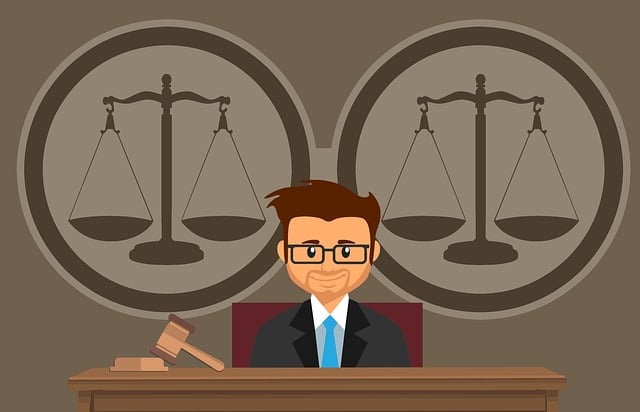Contempt laws in Clackamas County enforce court orders, with civil and criminal charges for non-compliance, including alimony, child support, and public safety violations. Legal aid is available for residents meeting financial need criteria in family law, landlord-tenant, small claims, and consumer cases. Professional guidance from legal aid organizations or attorneys assists individuals through contempt processes, empowering them to resolve Clackamas County disputes effectively.
In Clackamas County, understanding contempt laws is crucial for resolving disputes effectively. This guide aims to demystify legal assistance options available to those entangled in local conflicts. We’ll explore who qualifies for support, dissecting the process step-by-step to ensure a clear path forward. Whether facing court orders or marital issues, this article provides insights into navigating Clackamas County disputes with confidence and access to vital resources.
- Understanding Clackamas County Contempt Laws
- Who Qualifies for Legal Assistance in Disputes?
- Navigating the Process: Getting Help in Clackamas County
Understanding Clackamas County Contempt Laws

In Clackamas County, contempt laws are designed to enforce court orders and protect parties involved in legal disputes. When a party fails to comply with a court order, it can lead to charges of civil or criminal contempt. Understanding these laws is crucial for anyone navigating Clackamas County disputes.
Civil contempt occurs when an individual willfully fails to do something they have been ordered to do, such as pay alimony or child support. Criminal contempt, on the other hand, involves intentionally violating a court order intended to protect public safety or the rights of others. Both types of contempt can result in penalties, including fines and jail time, emphasizing the importance of adhering to court-ordered obligations in Clackamas County disputes.
Who Qualifies for Legal Assistance in Disputes?

In Clackamas County, legal assistance in disputes is typically available to individuals who meet certain eligibility criteria. To qualify, residents must demonstrate both financial need and a valid dispute within the county’s jurisdiction. Financial qualifications usually involve earning below a set income threshold or facing economic hardships that significantly impact their ability to pay for legal representation.
The scope of eligible disputes includes but is not limited to civil matters such as family law cases, landlord-tenant issues, small claims, and consumer rights violations. However, not all types of disputes are covered; criminal cases, for instance, usually require separate legal assistance programs or pro bono services. Residents seeking help should ensure their case falls within the defined categories and meets the financial eligibility requirements to be considered for legal assistance in Clackamas County disputes.
Navigating the Process: Getting Help in Clackamas County

Navigating legal issues related to Clackamas County disputes can be complex and daunting for individuals seeking resolution. The first step is understanding the process and available resources. Legal assistance in Clackamas County is designed to support residents in resolving conflicts, ensuring fairness, and upholding their rights.
Individuals facing contempt charges or involved in civil disputes should reach out to local legal aid organizations or consult with experienced attorneys. These professionals can guide them through the legal landscape, explain their options, and provide representation when needed. Many services are tailored to assist low-income individuals and those who qualify for free or reduced-fee legal aid. By taking advantage of these resources, Clackamas County residents can better understand their rights and work towards resolving disputes effectively.






